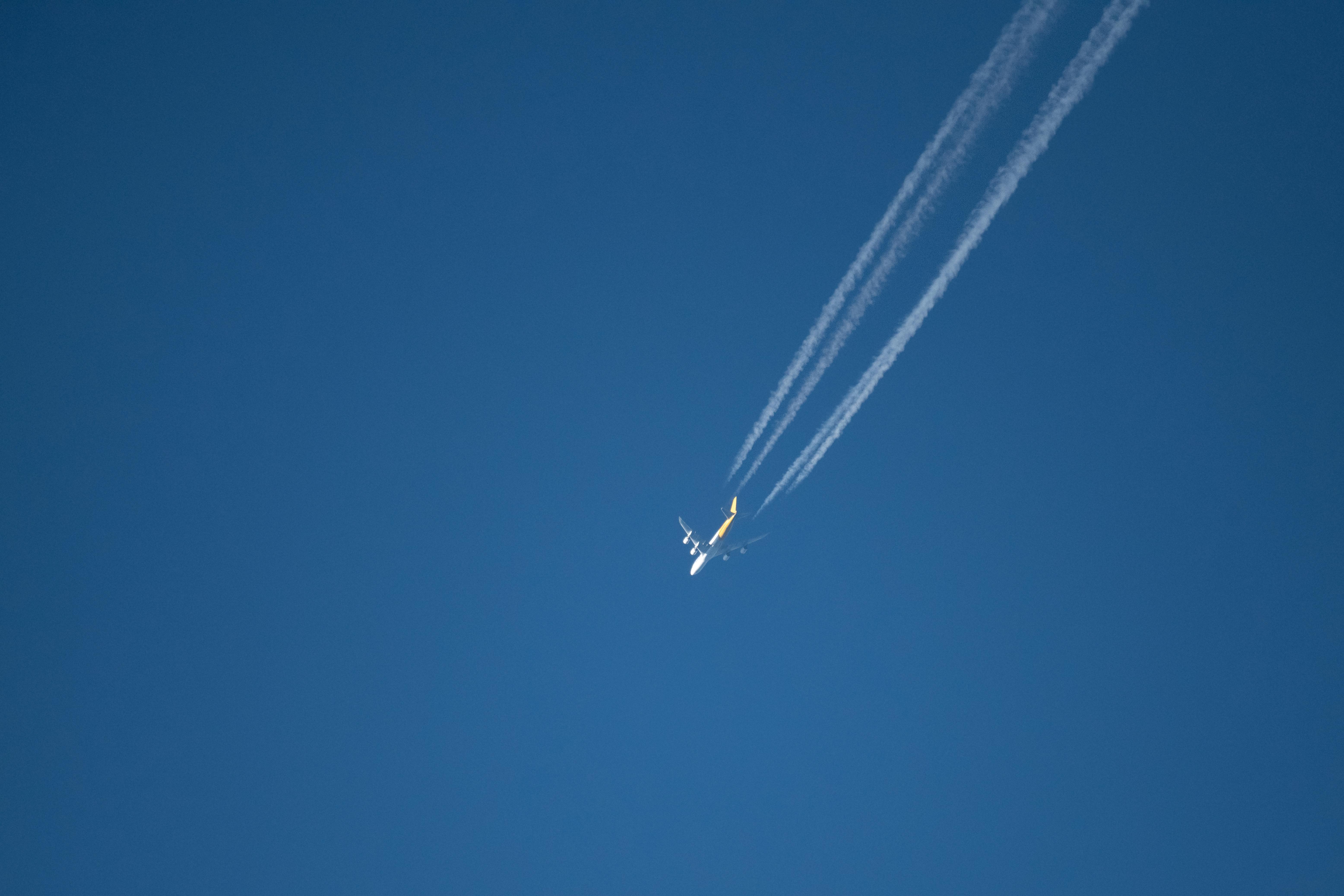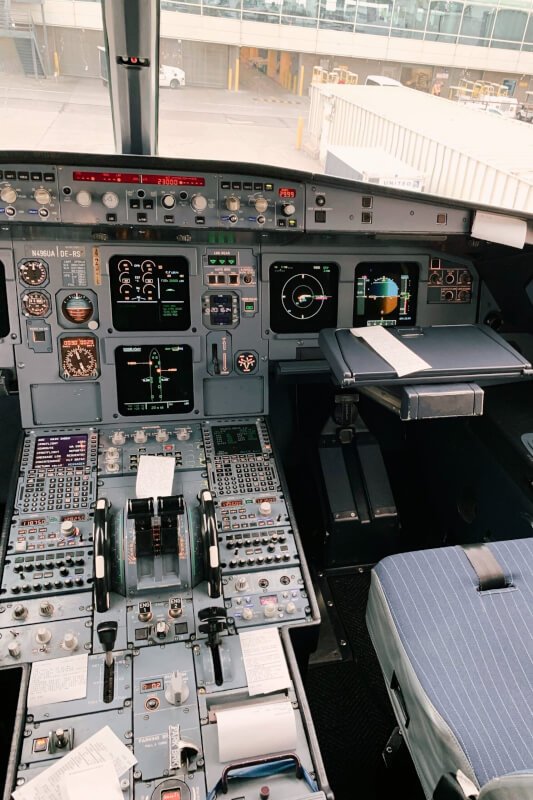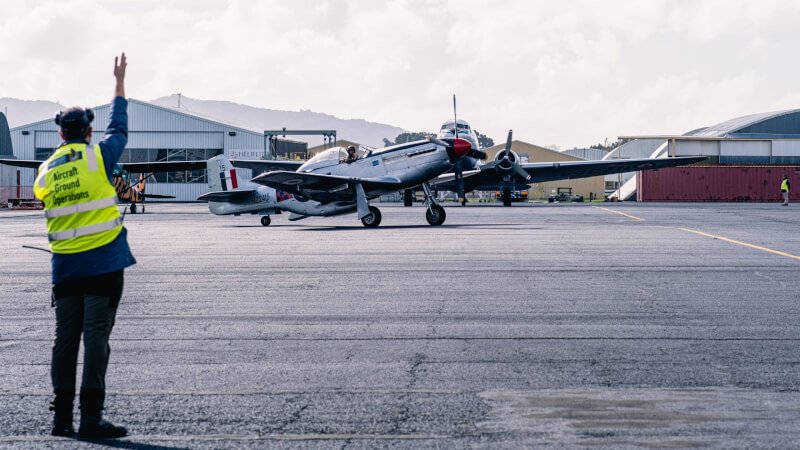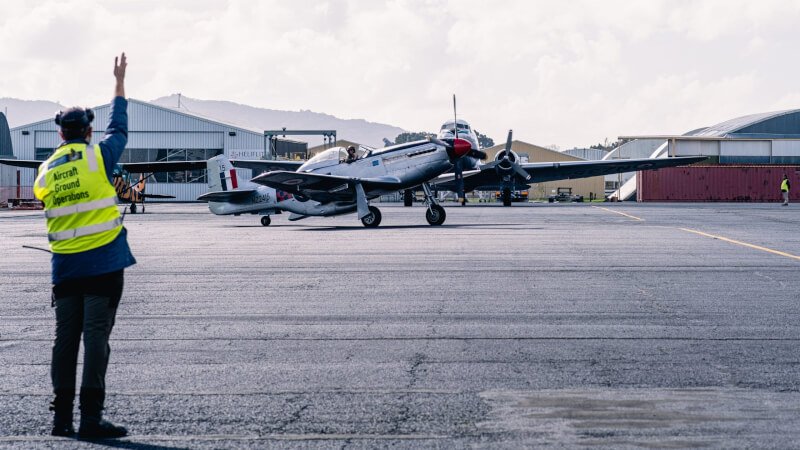Have you ever wondered about the legal requirements for registering and operating RC aircraft? Whether you are an avid drone enthusiast or just someone curious about the regulations surrounding remote-controlled aircraft, understanding the legalities is crucial. From registration to operating restrictions, this article will provide you with an overview of the legal requirements that govern the world of RC aircraft. So, fasten your seatbelts and prepare for an informative ride through the legal skies of RC aviation.

Registration Requirements
Federal Aviation Administration (FAA) Registration
To legally operate your RC aircraft in the United States, you must register it with the Federal Aviation Administration (FAA). This registration ensures that your drone is accounted for in the national airspace system and helps promote safety and accountability among drone operators. The registration process is simple and can be done online through the FAA’s official website. Upon registration, you will receive a unique registration number that must be visibly displayed on your drone.
Age Restrictions
When it comes to registering your RC aircraft, age restrictions apply. If you are under the age of 13, a parent or guardian must complete the registration process on your behalf. However, individuals who are 13 years of age or older can register for themselves. It is important to adhere to these age restrictions to comply with the regulations and ensure responsible drone operation.
Identification Markings
To ensure proper identification of your RC aircraft, the FAA requires that you display your registration number on the exterior of your drone. This number can be either affixed permanently or displayed through easily accessible means, such as through a label or a removable module. By clearly marking your drone, it becomes easier for authorities to identify the owner and enforce regulations if necessary.
Registration Renewal
Once you have registered your RC aircraft with the FAA, it is essential to stay up to date with registration renewal. Your registration will be valid for a period of three years from the date of registration. Therefore, it is crucial to renew your registration before it expires. Keep in mind that failure to renew your registration can result in penalties and may limit your ability to legally operate your drone.
Registration Exemptions
While most RC aircraft need to be registered with the FAA, certain exemptions exist. If your drone weighs less than 0.55 pounds (250 grams), including payloads such as cameras, it falls under the FAA’s “micro” category and is exempt from registration requirements. However, it is important to note that other regulations, such as flying in designated areas, must still be followed, regardless of registration exemptions.
Operating Requirements
Flying in Designated Areas
To ensure the safety and security of the airspace, the FAA has designated certain areas where flying an RC aircraft is restricted or prohibited. These areas include airports, national parks, and other sensitive locations. It is crucial to familiarize yourself with the designated areas in your vicinity and abide by the rules and restrictions. Ignoring these regulations can lead to accidents, legal consequences, and potential harm to individuals or property.
Flying near Airports
One of the most important operating requirements for RC aircraft is to avoid flying near airports. Flying in close proximity to airports poses a significant risk to manned aircraft and can result in accidents or close calls. The FAA has established specific guidelines regarding the minimum distances that must be maintained between drones and airports. It is essential to research and adhere to these guidelines to avoid endangering aviation activities and facing legal consequences.
Flying at Night
Flying your RC aircraft at night may seem appealing, but it introduces a set of challenges and risks that must be taken seriously. The FAA has outlined specific rules and requirements for nighttime operations to ensure the safety of both the operators and others in the vicinity. These requirements include equipping your drone with proper lighting and obtaining the necessary waivers or authorizations. By following these guidelines, you can enjoy nighttime flights while minimizing the associated risks.
Flying Over People
Operating your RC aircraft over people can increase the chances of accidents and injuries. Therefore, the FAA has established regulations regarding flying over people to mitigate potential harm. Generally, flying over people who are not directly participating in the operation of the drone is prohibited unless specific safety measures are in place. These safety measures may include using drones that are designed to minimize injuries in case of a crash or obtaining waivers from the FAA.
Visual Line of Sight (VLOS) Operation
Maintaining a visual line of sight (VLOS) with your RC aircraft is a fundamental operating requirement. This means that you must always be able to see your drone unaided during flight. Maintaining VLOS allows you to have better control and awareness of your surroundings, reducing the risk of accidents and collisions. Operating beyond VLOS limits, such as using first-person-view (FPV) goggles, is generally prohibited unless you have obtained specific waivers or authorizations from the FAA.
Drone Speed and Altitude Limits
To ensure the safety of the airspace and the people on the ground, the FAA has imposed speed and altitude limits on RC aircraft. These limits help prevent collisions, protect against potential damage, and minimize the risk to individuals. The specific limits may vary depending on the type of airspace and the specific regulations of your location. It is important to understand and adhere to these limits to operate your drone safely and legally.
Avoiding Dangerous Interference
Avoiding dangerous interference with other aircraft, whether manned or unmanned, is crucial for safe operation. It is essential to maintain a safe distance from other drones, aircraft, and their flight paths to avoid collisions and ensure the integrity of the airspace. Additionally, interference with wireless communications systems, such as the ones used by airports or emergency services, should be avoided at all costs. Understanding and respecting these guidelines will help you operate your RC aircraft responsibly and minimize potential risks.

Safety Guidelines
Safe Flying Practices
To promote safe and responsible drone operations, it is crucial to follow safe flying practices. This includes having a general understanding of the capabilities and limitations of your RC aircraft, maintaining control and awareness during flight, and avoiding reckless or careless behavior. It is also important to be aware of local weather conditions, airspace restrictions, and potential hazards in the operating area. By adopting safe flying practices, you can minimize the risk of accidents and enjoy the hobby of flying RC aircraft.
Pre-flight Checklist
Before each flight, it is essential to perform a pre-flight checklist to ensure that your RC aircraft is in optimal condition and ready for operation. This checklist typically includes inspecting the drone for any physical damage, verifying that all components are securely attached, checking the battery level, and confirming that the remote control is functioning correctly. Taking a few minutes to perform these checks can help identify and address any issues before they lead to accidents or malfunctions during flight.
Battery Safety
Proper battery safety is crucial for the safe operation of RC aircraft. LiPo batteries, commonly used in drones, can pose a fire risk if mishandled or damaged. It is important to follow the manufacturer’s guidelines when charging, storing, and using batteries. Avoiding overcharging, storing batteries in a fireproof container, and monitoring their temperature during use are essential practices to minimize the risk of accidents caused by batteries.
Weather Conditions
Being aware of and responsive to weather conditions is a key aspect of safe drone operations. Adverse weather conditions, such as strong winds, rain, or fog, can significantly impact the flight capabilities of your RC aircraft. It is important to avoid flying in these conditions to prevent accidents and damage to your drone. Monitoring weather forecasts and checking for any local flight restrictions or advisories can help you make informed decisions and ensure the safety of your operations.
Respecting Privacy
Respecting privacy is an essential part of responsible RC aircraft operation. When flying your drone, be mindful of the privacy rights of individuals and avoid capturing or transmitting images or videos of private property or people without their consent. Familiarize yourself with local privacy laws and regulations to ensure that your activities do not infringe upon the rights of others. By respecting privacy, you can help create a positive image for the drone community and foster a harmonious relationship with the public.
Insurance and Liability
Insurance Coverage
While insurance coverage for RC aircraft is not a legal requirement in all jurisdictions, it is highly recommended. Accidents can happen even to the most experienced drone operators, and having insurance coverage provides financial protection in case of damages or injuries caused by your drone. Insurance policies specifically tailored for drones can cover liability, property damage, and theft. Consulting with insurance providers specializing in aviation or drone insurance will help you find the coverage that suits your needs and gives you peace of mind during flights.
Liability Considerations
When operating an RC aircraft, it is essential to understand and accept liability for your actions. As the operator, you are responsible for any damages or injuries caused by your drone. This includes potential property damage, bodily harm, or privacy violations. By adhering to the operating requirements, following safety guidelines, and respecting the rights of others, you can minimize the risk of liability and ensure a safe and enjoyable experience for both yourself and those around you.

Commercial Use and Certification
Part 107 Certification
If you plan to use your RC aircraft for commercial purposes in the United States, you must obtain Part 107 certification from the FAA. This certification is required to operate a drone weighing over 0.55 pounds (250 grams) for activities such as aerial photography, videography, or surveying in exchange for compensation. To obtain Part 107 certification, you must pass a knowledge test that covers topics such as airspace regulations, weather, emergency procedures, and drone operation. Once certified, you can legally engage in commercial drone operations and offer your services.
Business Certifications
In addition to Part 107 certification, operating an RC aircraft for certain types of business activities may require further certifications or licenses. For instance, if you intend to use your drone for search and rescue operations or spraying pesticides for agricultural purposes, you may need to comply with additional regulations and obtain specific certifications. It is essential to research and understand the requirements for your intended business activities to ensure compliance with applicable laws and regulations.
Commercial Drone Operations
Conducting commercial drone operations comes with additional responsibilities and considerations. Alongside the necessary certifications, it is crucial to conduct thorough risk assessments, develop operational procedures, and have proper flight planning in place. These measures help ensure the safety of your operations, protect the privacy of individuals, and maintain compliance with all the applicable regulations. Additionally, maintaining appropriate records, such as flight logs and maintenance records, is essential for demonstrating compliance with regulations and maintaining professionalism in your commercial drone operations.
Local Rules and Regulations
Municipal and State Laws
In addition to federal regulations, it is important to be aware of and comply with any municipal or state laws that govern RC aircraft operation in your area. These laws may impose additional restrictions on flying locations, altitude limits, or even require specific permits or licenses for certain activities. To ensure compliance, research the specific regulations applicable to your location and keep yourself updated with any changes or new requirements that may arise.
Restrictions in Parks and Recreational Areas
Parks and recreational areas are popular places for drone enthusiasts to fly their RC aircraft. However, it is crucial to be aware of any restrictions or regulations that may exist for drones in these areas. Some parks have outright bans on drones, while others may specify designated flying zones or operating hours. It is your responsibility to respect these regulations, as doing otherwise can result in penalties, damage to the environment, or disturbance to other park visitors. Always check with park authorities before flying your drone in recreational areas to ensure compliance and maintain a positive relationship between drone operators and the public.
International Regulations
Country-Specific Requirements
If you plan to operate your RC aircraft in a country other than the United States, it is essential to familiarize yourself with the country’s specific regulations. Many countries have their own set of requirements for drone registration, operation, and flying zones. These regulations may vary significantly from those in the United States, so conducting thorough research and understanding the local rules is necessary to avoid legal issues when operating your drone internationally.
Traveling with RC Aircraft
When traveling with your RC aircraft internationally, it is crucial to comply with both the regulations of your home country and the destination country. Some countries may have specific requirements for bringing drones into the country or flying them within their borders. For example, you may need to obtain import permits, register your drone with local authorities, or comply with additional operating restrictions. Always check the regulations of the country you are traveling to and ensure that you are prepared to comply with any requirements to avoid legal complications or having your drone confiscated.
Enforcement and Penalties
FAA Enforcement
The FAA takes the enforcement of drone regulations seriously to ensure the safety and integrity of the national airspace system. Violations of drone regulations can result in enforcement actions by the FAA, including warnings, fines, or even the revocation of operating privileges. It is important to understand and comply with all applicable regulations to avoid these consequences and maintain a safe and legal operation of your RC aircraft.
Criminal and Civil Penalties
In addition to enforcement actions by the FAA, violations of drone regulations can also lead to criminal and civil penalties in certain situations. Intentional or reckless violations that endanger the safety of others or result in significant damage can result in criminal charges. Civil penalties, such as lawsuits for damages caused by a drone, may also be pursued by affected individuals or entities. Understanding the potential legal consequences and taking steps to comply with regulations will help ensure that your drone operations are both safe and legally sound.
Resources and Further Information
FAA Official Website
The Federal Aviation Administration’s official website is an invaluable resource for all drone operators. It provides comprehensive information on registration requirements, operating guidelines, airspace restrictions, and updates on regulations. The FAA’s website also offers educational materials, frequently asked questions, and helpful resources to help you navigate the regulatory landscape and operate your RC aircraft safely and legally.
Educational Materials
Numerous educational materials are available that can help you expand your knowledge and improve your skills as an RC aircraft operator. Online courses, video tutorials, and printed guides cover a wide range of topics, including flight safety, operating procedures, and drone maintenance. These educational resources can provide valuable insights and help you stay up to date with the latest developments in the drone industry.
Community Organizations
Joining community organizations dedicated to RC aircraft enthusiasts can offer numerous benefits. These organizations often provide support, educational resources, networking opportunities, and access to local events. By becoming a member, you can connect with fellow drone operators, share experiences, and stay informed about community initiatives and regulatory updates affecting the hobby. Participating in community organizations can enhance your enjoyment of flying RC aircraft while fostering a sense of camaraderie within the drone community.
Conclusion
Operating RC aircraft comes with a set of legal requirements that must be diligently followed to ensure safety, accountability, and compliance with regulations. From registration with the Federal Aviation Administration to understanding operating requirements and local regulations, adhering to these guidelines is essential. By promoting safe flying practices, respecting privacy, and obtaining the necessary certifications for commercial operations, you can enjoy the exhilaration of flying RC aircraft while being a responsible and law-abiding operator. Always stay informed, continuously educate yourself on the latest regulations, and prioritize safety in all your drone operations.


